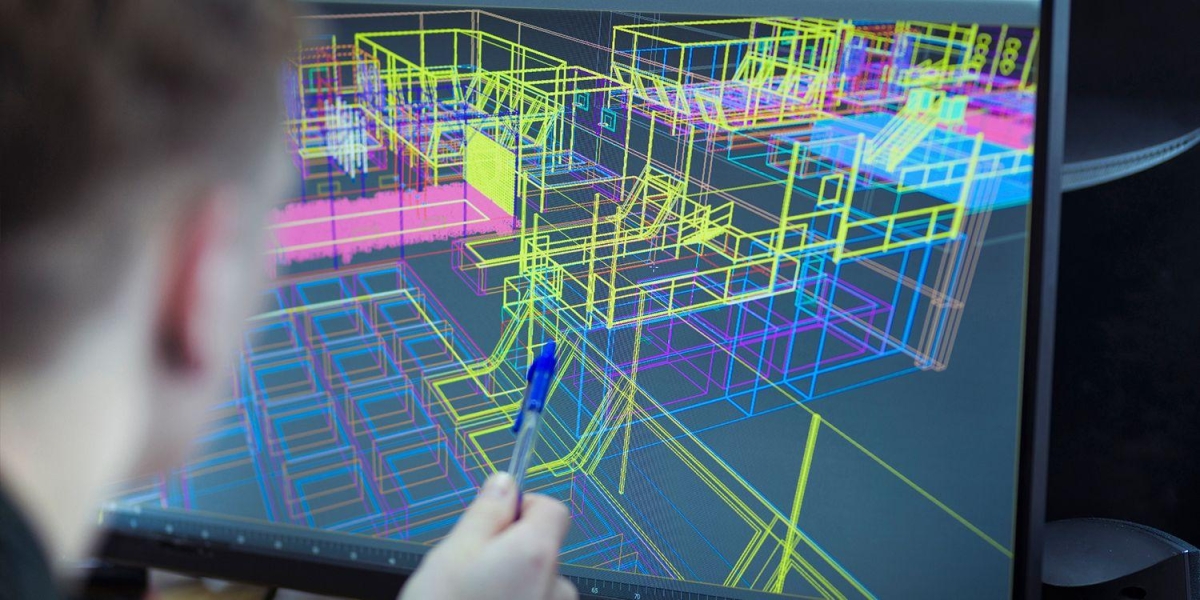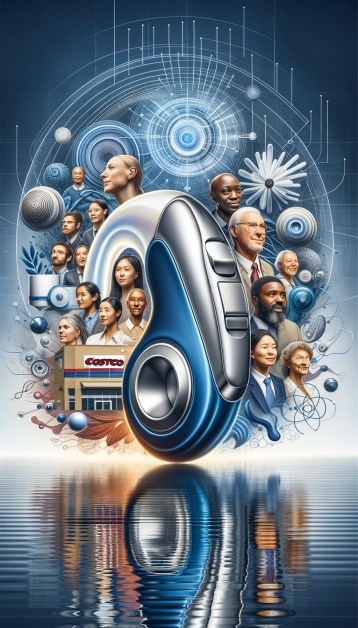Exploring AI Innovations in Healthcare
In an era where technology is rapidly transforming our lives, the realms of healthcare and entertainment are experiencing some of the most exciting innovations yet. In this blog post, we’ll dive into the fascinating world of artificial intelligence in healthcare. From the use of cutting-edge drones in life-saving water rescues on the shores of North Carolina to the groundbreaking applications of AI that enhance the precision of medical care in Massachusetts, we are witnessing a surge of technological ingenuity that is not only improving response times but also saving lives.
Advancements in AI Transforming Healthcare Delivery
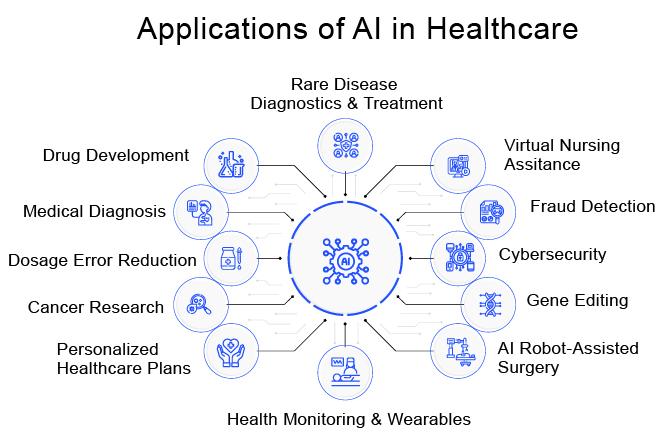
In recent years, the integration of artificial intelligence into healthcare has revolutionized the way medical professionals approach diagnosis and treatment. AI technologies are enhancing the speed and accuracy of medical care, enabling practitioners to make more informed decisions. For instance, machine learning algorithms can analyze vast amounts of patient data, detect patterns, and even predict potential health issues before they arise. This proactive approach not only improves patient outcomes but also optimizes the efficiency of healthcare systems. AI tools are being utilized in various capacities, such as aiding in imaging interpretation and supporting clinical decision-making, significantly reducing the time it takes for patients to receive critical diagnoses.
Moreover, the application of AI extends into emergency scenarios, as first responders leverage advanced technologies like drones to conduct efficient rescues. Drones equipped with AI can weather the elements and provide real-time data, ensuring that rescue teams can reach individuals in distress promptly. For example, drones have been deployed for water rescues, utilizing infrared capabilities to locate stranded swimmers while aiding responders with immediate communication. These innovations not only enhance the safety of responders but also serve to bring lifesaving equipment directly to those in need, showcasing how AI is playing a vital role in emergency healthcare delivery.
Harnessing Drones for Life-Saving Water Rescues
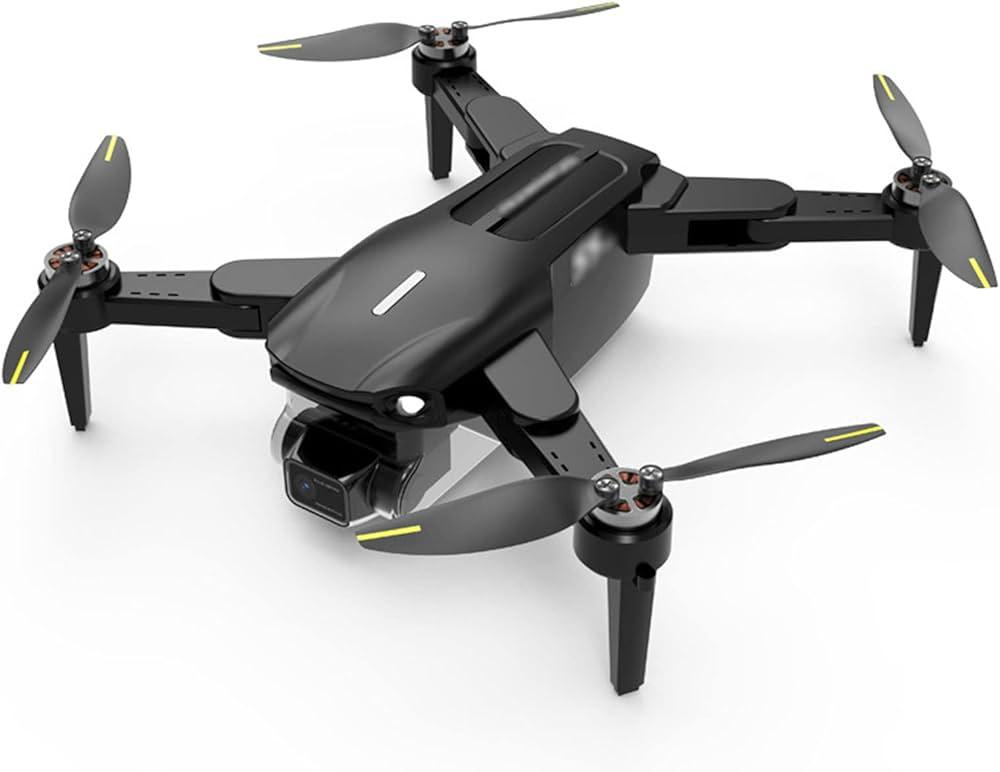
The innovative use of drones in water rescues is revolutionizing how first responders approach emergencies. In instances where traditional methods may falter, these aerial devices are proving to be invaluable. Equipped with advanced camera technology, including infrared capabilities, drones can scan vast areas of water quickly. Their ability to transmit real-time information allows lifeguards and emergency personnel to assess the situation without risking their own safety. For instance, during a recent rescue operation off Oak Island, North Carolina, a drone successfully located two paddle boarders swept 2,000 feet from shore, leading to a swift and effective rescue within minutes.
What sets these drones apart is their life-saving features. They can deploy inflatable rescue equipment directly to those in distress, significantly improving the chances of survival while responders reach them. During a call for help, one drone released two floating tubes after pinpointing a swimmer in trouble, demonstrating precise and timely aid. This strategy not only enhances the rescue response but also mitigates risks associated with conventional shoreline rescues. However, the adoption of such technology faces challenges, including the need for trained personnel to operate the drones effectively. As the technology continues to evolve, its integration into standard rescue protocols could become commonplace, ensuring safer beaches for all.
The Fascinating Intersection of Technology
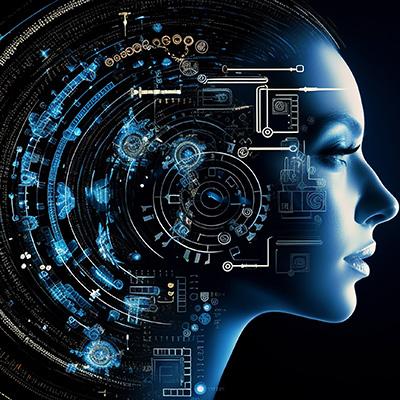
In recent years, the realm of technology has merged seamlessly with emergency services, exemplified by the innovative use of drones in ocean rescues. In Oak Island, North Carolina, first responders are harnessing these aerial devices not just for surveillance, but as essential tools for lifesaving operations. Drones equipped with cutting-edge features such as infrared cameras and communication speakers allow rescue teams to monitor distressed individuals from a distance, delivering life-preserving equipment with remarkable precision. With the ability to deploy inflatable flotation devices triggered by CO2 cartridges, these drones provide critical assistance while minimizing risk to human rescuers, making rescues faster and safer.
Meanwhile, the enchanting world of Disney is not just about fairy tales and animated stories; it’s also a hub for technological innovation. Disney imagineers are pushing the limits of creativity, blending art and technology to create magical experiences. From developing realistic lightsabers to immersive augmented reality attractions, the advancements coming out of Disney’s labs showcase how technology can enhance storytelling. For instance, the implementation of AI-driven experiences allows park-goers to interact with their favorite characters in ways that were once only dreams. This intersection of imagination and technology not only captivates millions but also sets a precedent for how technology can redefine entertainment and heritage.
Recommendations for Future Tech Integration in Public Safety and Entertainment
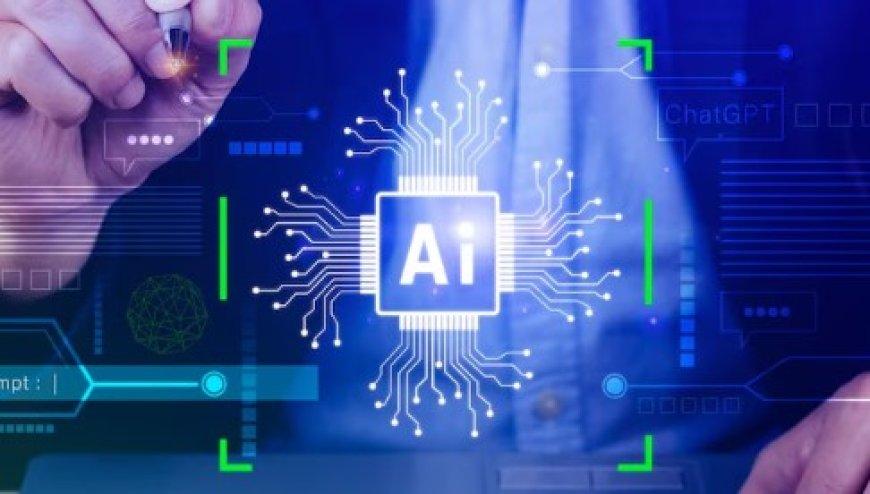
To ensure a brighter future in public safety, especially in coastal communities, the integration of drone technology could pave the way for unprecedented advancements. By implementing drone systems equipped with infrared cameras and voice communication tools, first responders can enhance their ability to make informed decisions in emergency situations. This could significantly reduce response times and improve safety outcomes, as rescuers can remotely assess the situation without jeopardizing their own safety. Furthermore, promoting partnerships with tech companies focusing on affordable and user-friendly drone solutions will increase accessibility for smaller departments that may lack the funding or expertise.
In the realm of entertainment, particularly within creative hubs like Disney, the application of AI-driven tools can revolutionize storytelling and immersive experiences. By leveraging machine learning algorithms, content creators can analyze audience preferences to tailor experiences that resonate more effectively. Additionally, investing in interactive technologies that merge augmented reality with traditional storytelling can elevate guest experiences to new heights, allowing them to engage with characters and narratives in real-time. As these innovations take root, it’s crucial to ensure that the implementation is accompanied by staff training and workshops to maximize their potential while maintaining the magic that is synonymous with the Disney brand.



